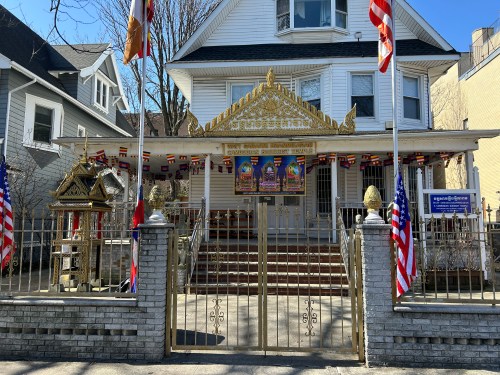“Joryu Bungaku: Japanese term for ‘women’s writing.’ Although women played a significant literary role in the Heian era (794-1185), female writers all but disappeared in the succeeding periods of military turmoil. After struggling to reassert themselves in the late 19th century, women writers emerged in such numbers that by the 1920s, the term joryu bungaku, or ‘writing of the women’s school,’ was uniformly applied to any female-authored work. While protecting women from obliteration from the dominant male mainstream, the classification nevertheless restricted female literary expression to one prescribed by gender, and relegated all women writers, regardless of their artistic diversity, to a single ‘school.’ Disparate examples of joryo bungaku are Miyamoto Yuriko and Nogami Yaeko.”
Excerpted from: Murphy, Bruce, ed. Benet’s Reader’s Encyclopedia, Fourth Edition. New York: Harper Collins, 1996.


You must be logged in to post a comment.